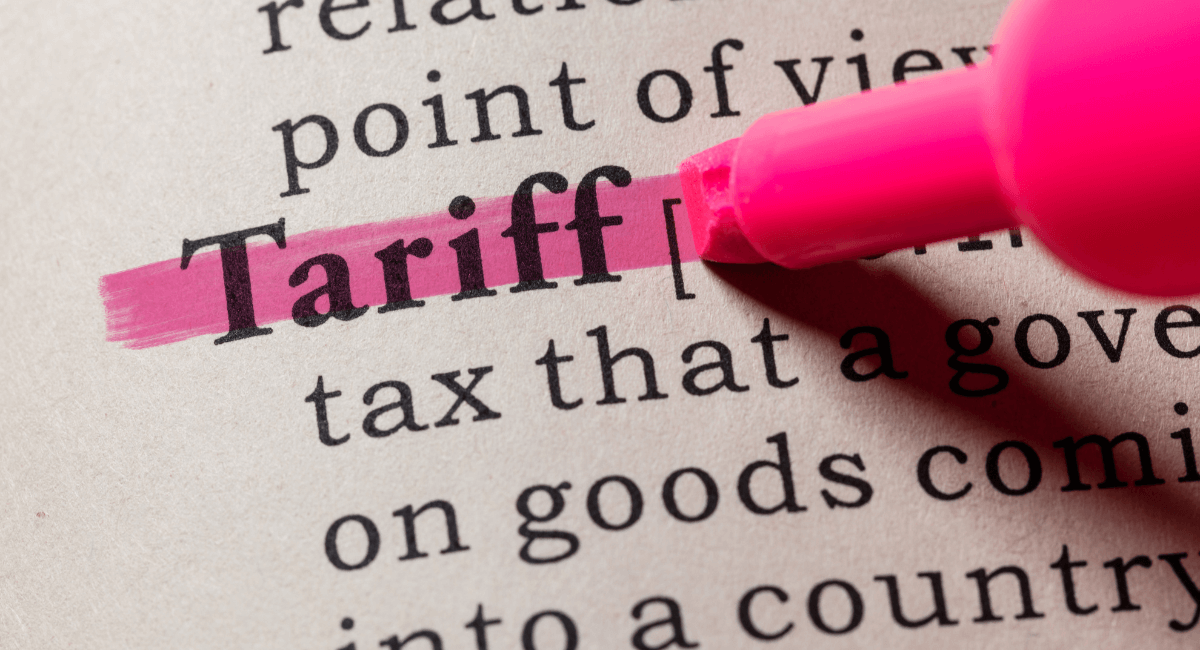Fringe Benefit Tax (FBT): What NZ Business Owners and Farmers Should Know in 2025
FBT rules are tightening, and perks like vehicles or staff meals could cost more than you think. Stay ahead of changes for 2025.
Fringe Benefit Tax (FBT) can feel like one of the more frustrating parts of running a business in New Zealand. Whether you're providing vehicles to staff, putting on team lunches, or giving discounts on goods, there's often an FBT angle to consider.
And with Inland Revenue signalling interest in tightening compliance and reviewing how certain benefits are taxed, it’s a good time for business owners and farmers to make sure they’re up to speed.
Here’s a practical guide to how FBT works, where the common traps are, and what may change in the near future.
FBT 101: What Is It?
FBT is a tax paid by employers on non-cash benefits provided to employees (including shareholder-employees) in connection with their job.
Common examples include:
- Work vehicles available for private use
- Discounted goods or services
- Subsidised staff meals or entertainment
- Accommodation or board
- Low-interest loans
If you're supplying any of these, you may have an FBT obligation - even if it feels like a small or occasional perk.
Common FBT Pain Points for Business Owners & Farmers
FBT can be especially tricky for family businesses, farms, and small teams where the line between business and personal use isn’t always clear. Here are some common challenges:
Company Vehicles
- Vehicles available for personal use - even just on weekends - can trigger FBT.
- Utes used on farms may qualify for a "work-related vehicle" exemption, but only if strict signage and usage conditions are met.
- IR has been stepping up audits in this area.
Staff Entertainment
- Meals, drinks, and staff functions are often partially deductible and may also attract FBT.
- Differentiating between business entertainment (e.g. client meals) and employee perks (e.g. Friday BBQs) is key.
Accommodation
- Providing a house or accommodation to workers (common in farming) can create FBT liability.
- The “market value” of the accommodation must be assessed, unless exempt under specific rules.
Record-keeping
- FBT is calculated based on either the individual or alternate rate - choosing the wrong method or missing filing deadlines can lead to penalties.
What Might Be Changing?
While no new FBT laws have been passed yet, several areas are under review or discussion:
1. Electric Vehicles (EVs)
- Zero-emission vehicles have been FBT-exempt since 2022, but this may change with the withdrawal of the Clean Car Discount.
- A future tax on EV fringe benefits hasn’t been ruled out.
2. Simplification of Rules
- Many businesses have called for clearer, less time-consuming FBT rules - especially around shared vehicles and low-value benefits.
- IR has acknowledged the system is complex and under review.
3. Valuation and Exemptions
- Some valuation rules (e.g. for accommodation or discounted goods) may be updated to reflect inflation and changing market norms.
- There's ongoing discussion about adjusting de minimis thresholds (e.g. small-value perks being exempt).
What Can You Do Now?
- Review your perks: Take stock of any benefits you’re offering - especially vehicles, housing, and discounts.
- Check exemptions: You may be able to claim an FBT exemption for some farm vehicles or work-related travel.
- Keep records: Accurate logs (especially for vehicle use) are key to avoiding unnecessary FBT.
- Talk to your accountant: FBT is full of edge cases - getting tailored advice can save time and money.
Final Word
Fringe Benefit Tax can be easy to overlook - but it can also catch you out if you’re not careful. As Inland Revenue continues to modernise and refine its approach, being proactive with your FBT obligations is more important than ever.
If you’re unsure how any of the above applies to your business or farm, get in touch with your adviser - we’re here to help make it straightforward.



